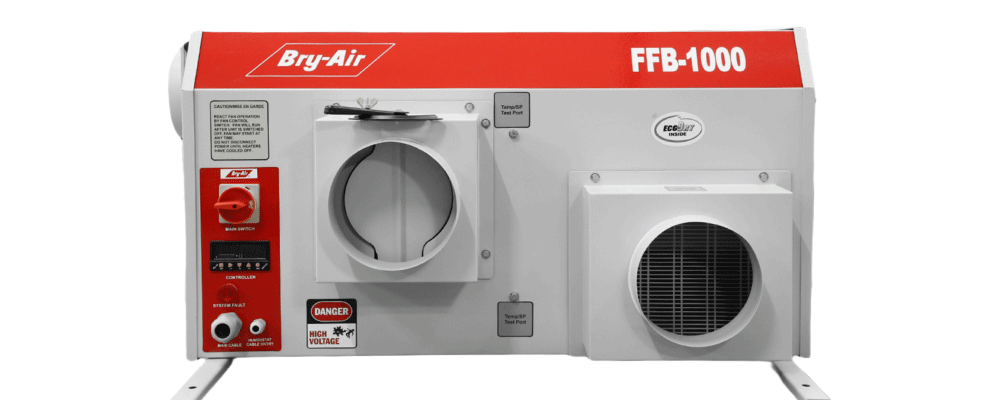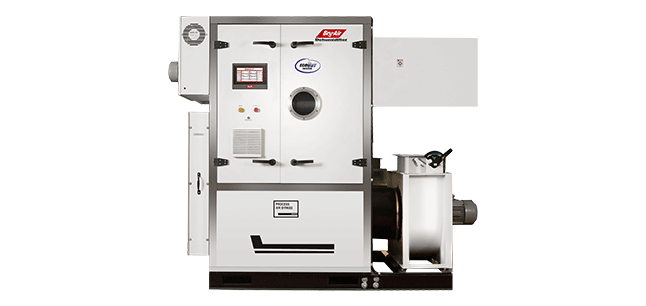Our eating habits have undergone a transformation due to changes in lifestyle, technological advancements, and time constraints, particularly in urban areas. The shift towards convenience and snack foods has become more prevalent.
Convenience food, also known as tertiary processed food, refers to commercially prepared food designed for easy consumption. These products are often available as hot, ready-to-eat dishes, room-temperature shelf-stable items, or refrigerated/frozen products requiring minimal preparation.
Many processed foods, such as candies, biscuits, fruit powders, dry soup, instant coffee, tea, sugar, powdered drink mixes, dried vegetables, soup concentrates, and milk powder, share a common characteristic—they are hygroscopic and susceptible to high relative humidity. Moisture absorption alters their appearance and makes them less appealing, turning them soggy or rubbery.
Uncontrolled humidity during processing, packaging, and storage can be problematic in various aspects of the food industry, including storage, production, packing, and processing. Despite high-temperature processes during food production, exposure to humid environments can lead these products to absorb moisture from the surrounding air.
On humid days, issues like salt clumping in shakers or sticky powders hindering machinery operation can arise. Even a simple task like packaging cake mix becomes challenging in humid conditions, affecting both the flow of the mix and the machinery’s functionality.
Moisture in the air can lead to lumping or caking of powdery health foods during processing, affecting their free flow in manufacturing or packaging. Granular or powdered materials transferred through pneumatic conveying, also known as airveying, can face challenges due to humidity.
The solution lies in conditioning the air in the packaging area, similar to the processing and manufacturing stages, to prevent changes in the food’s state from the raw material to the final packaged product.
Maintaining stringent temperature and humidity conditions and surrounding processing, packaging, and storage areas with dry air is crucial. Bry-Air’s desiccant-based dehumidifiers effectively reduce the moisture content of the surrounding air, maintaining a low relative humidity (RH) as low as 1% consistently. This ensures optimal conditions during production, storage, and packing, contributing to improved food quality and prolonged freshness of processed products. In addition, it allows free flow of the concentrates, preventing moisture regain during storage, retaining original taste and flavour, and extending the shelf life.

The powder coated, CNC fabricated compact desiccant dehumidifiers (FFB series 170-4500 CMH) are lightweight and can be installed above the false ceiling.

For complete air handling and environment control needs (ranging from 2,500 CMH to 25,000 CMH)





